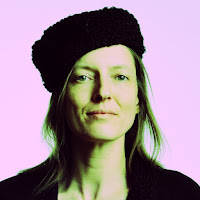Noise, Pt. 8 - Airs Sept 2nd
Colonists from Noise: A Human History of Sound and Listening
The colonists liked to imagine that their new homeland was an empty wilderness -- but of course they weren't the first to live there. Settlers arriving in the 17th century decreed the songs and sounds of native American Indians to be bloodcurdling, barbaric, and wild. Professor David Hendy of the University of Sussex explores how for many Native Americans sound itself was thought of as being alive.
Shutting In from Noise: A Human History of Sound and Listening
In the eighteenth century, Edinburgh was one of most overcrowded cities in Europe. Narrow alleys separated looming tenement buildings, each housing multiple families. Individuals of very different classes and ways of life had to rub along in cramped conditions. We will squeeze in among them, to hear how a similar situation in Paris led to a surreal and brutal massacre of cats.
The colonists liked to imagine that their new homeland was an empty wilderness -- but of course they weren't the first to live there. Settlers arriving in the 17th century decreed the songs and sounds of native American Indians to be bloodcurdling, barbaric, and wild. Professor David Hendy of the University of Sussex explores how for many Native Americans sound itself was thought of as being alive.
Shutting In from Noise: A Human History of Sound and Listening
In the eighteenth century, Edinburgh was one of most overcrowded cities in Europe. Narrow alleys separated looming tenement buildings, each housing multiple families. Individuals of very different classes and ways of life had to rub along in cramped conditions. We will squeeze in among them, to hear how a similar situation in Paris led to a surreal and brutal massacre of cats.




Comments